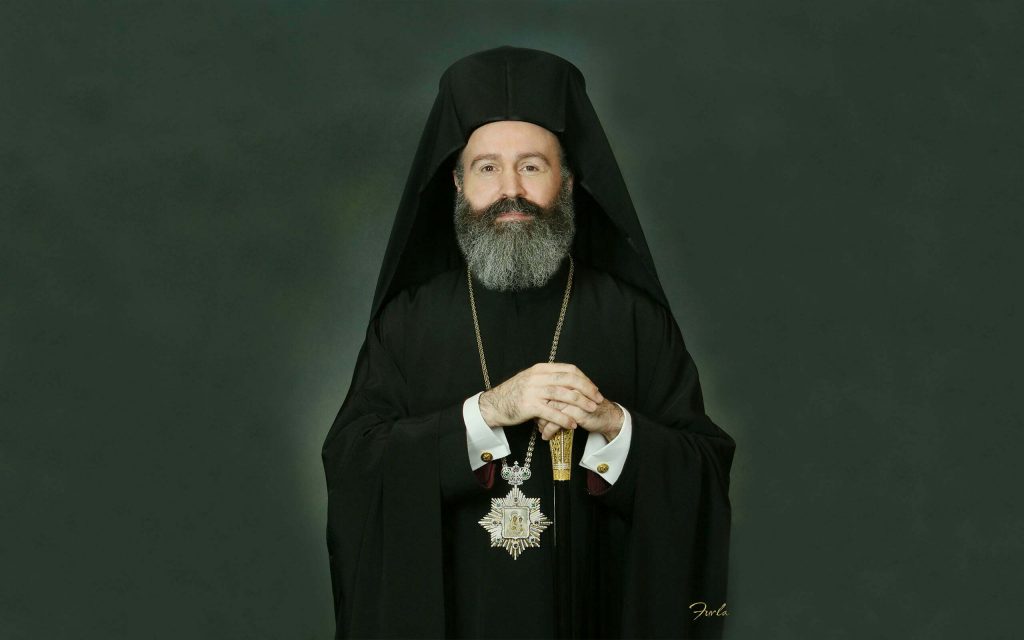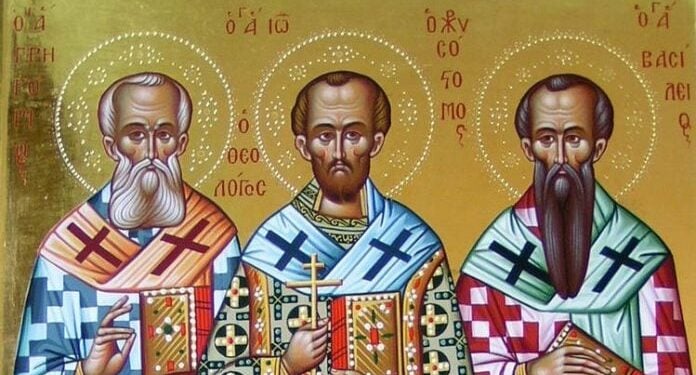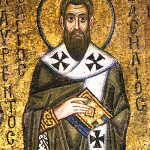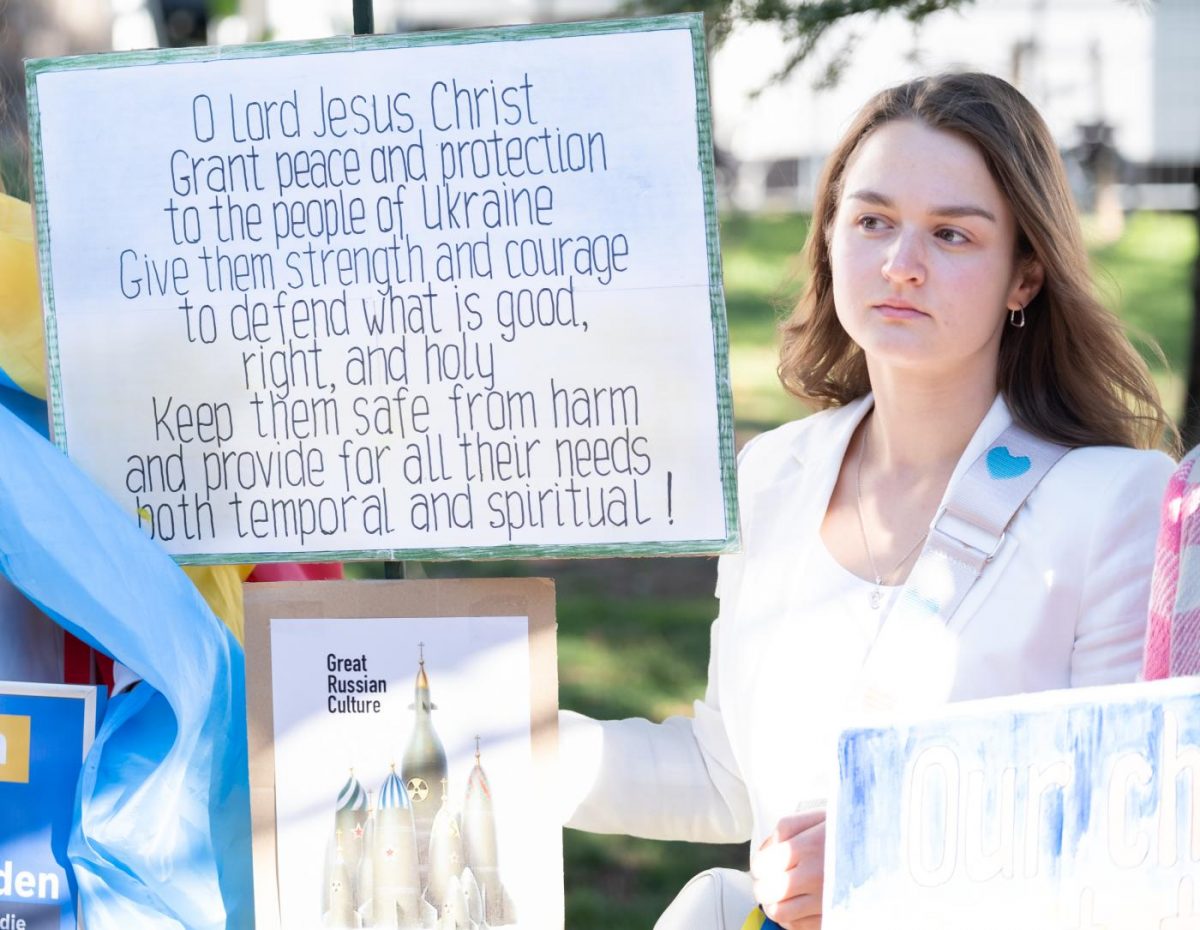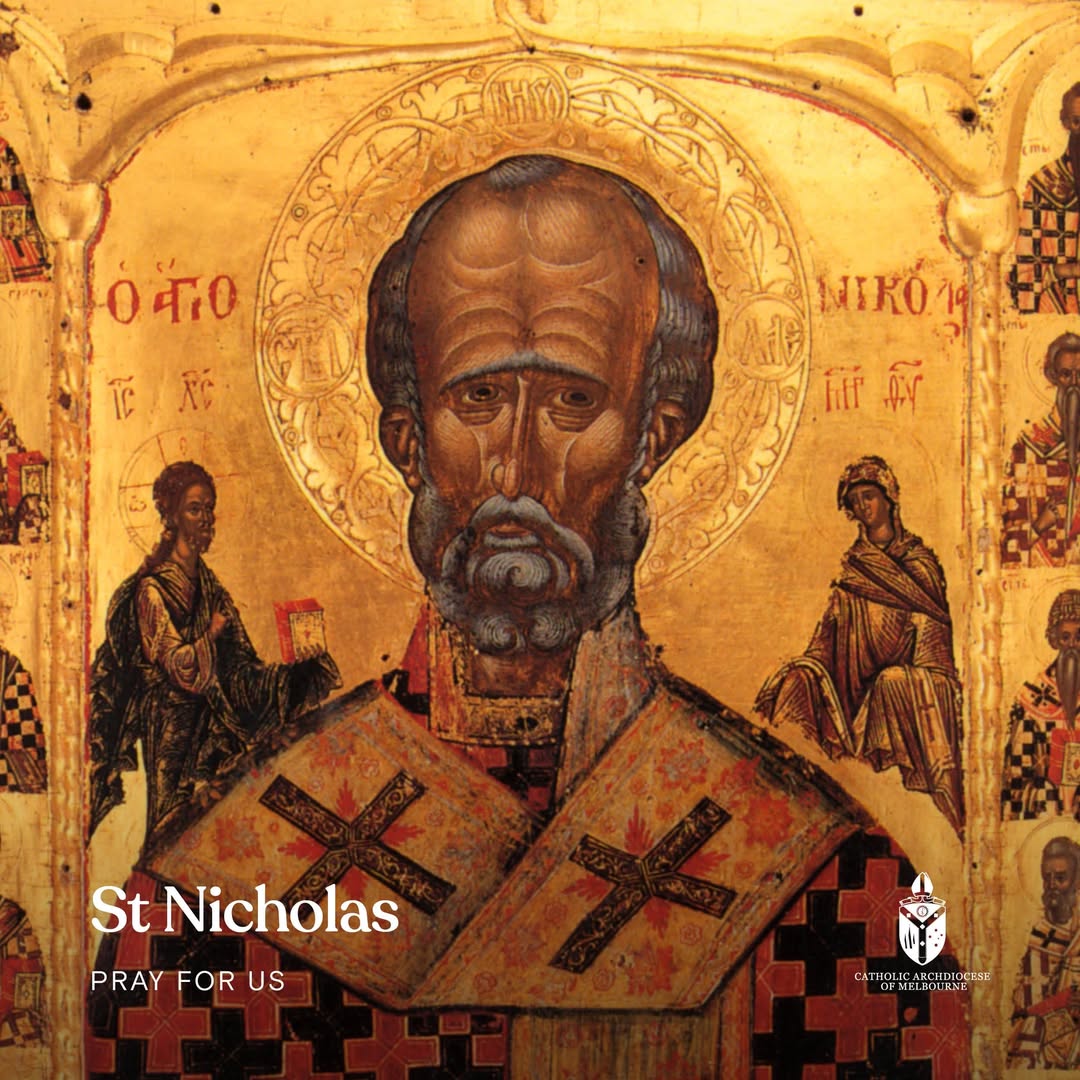The failed Indigenous Voice to Parliament referendum has led to concerns about a setback in Aboriginal and Torres Strait Islander progress towards reconciliation and self-determination. The result has contributed to withdrawal of bipartisan support for Treaty and Truth processes across the country, the Federal Government reneging on major reforms like Makarrata, as well as increased racism in health settings, and resistance and backtracking on critical initiatives like Closing the Gap.
The strong “No” vote has led to concerns that the relationship between Indigenous and non-Indigenous Australians may have taken a step backward and given ‘permission’ to push back on a wider range of issues impacting Aboriginal and Torres Strait Islander people. All the more reason for a renewed focus on truth, justice, and healing in the relationship between Indigenous and non-Indigenous Australians.
A number of issues emerged over the ANZAC 2025 weekend that shone a spotlight on these concerns.
Melbourne Storm cancelled a welcome to country at its Anzac Day NRL match, leaving Wurundjeri elder Aunty Joy Murphy Wandin, an Aboriginal elder, “broken-hearted”. Auntie Joy said, “We want to rebuild our relationship. We want to make them [realise] that this was wrong, hurtful, deceitful and tokenistic.”
The cancellation came after several people interrupted the Welcome to Country at a Melbourne dawn service when Bunurong elder Mark Brown began his Welcome to Country. Their booing was drowned out by the rest of the crowd, who cheered in protest against the disruption. (Statement from Bunurong Senior Elder Uncle Mark Brown in response to the booing during his Welcome To Country at the ANZAC Day Service here).
At the MCG later in the day, there was then warm applause before and after Wurundjeri man Uncle Colin Hunter junior gave the Welcome to Country.
Noting on ANZAC Day that Aboriginal and Torres Strait Islander people have served in every major war involving Australia, from the Boer War to Afghanistan. They have served in the ground, air, sea, and on horseback. Despite restrictions and discrimination, thousands have enlisted and served. Regrettably, there has been a historical erasure of the contributions of Aboriginal and Torres Strait Islander service people in mainstream media.
Some politicians (and others in the community) suggest the Welcome to Country/Acknowledgement of Country is overdone. There is pushback to having the Acknowledgement of Country at the start of meetings and church services. There are political aspirants who say they don’t need to be welcomed to their own country.
As an important side note, Anglican Canon Glenn Loughrey has said that the acknowledgement of country is important but only needs to be done once at a meeting or event, not by every speaker.
It is disappointing to hear in the political debates leading up to the election that there is a conflation of the Referendum ‘no’ on the Voice with other aspects that have not been tested (Truth, Treaty), and a preparedness to abandon all aspects of the Uluru statement. Truth and Treaty are core to the ongoing Yoorrook Commission in Victoria, which will hand down its report in June.
Read the latest feature blog in the ANTaR Federal Election 2025 series by Bridget Cama, Co-Chair, Uluru Youth Dialogue:
“If politicians and their parties are serious about closing the gap and addressing the ‘devastating’ statistics, they should reconsider their position in relation to structural reform, a Voice and more broadly, the Uluru Statement from the Heart reforms. Without this, they remain without a real vision for the way forward…
“More of the same isn’t going to work. The status quo is terrifying for young Aboriginal and Torres Strait Islander people. Our futures are on the line.”
Read the blog in full![]() antar.org.au/blog
antar.org.au/blog
How will we navigate this going forward, Indigenous and non-Indigenous peoples together?
